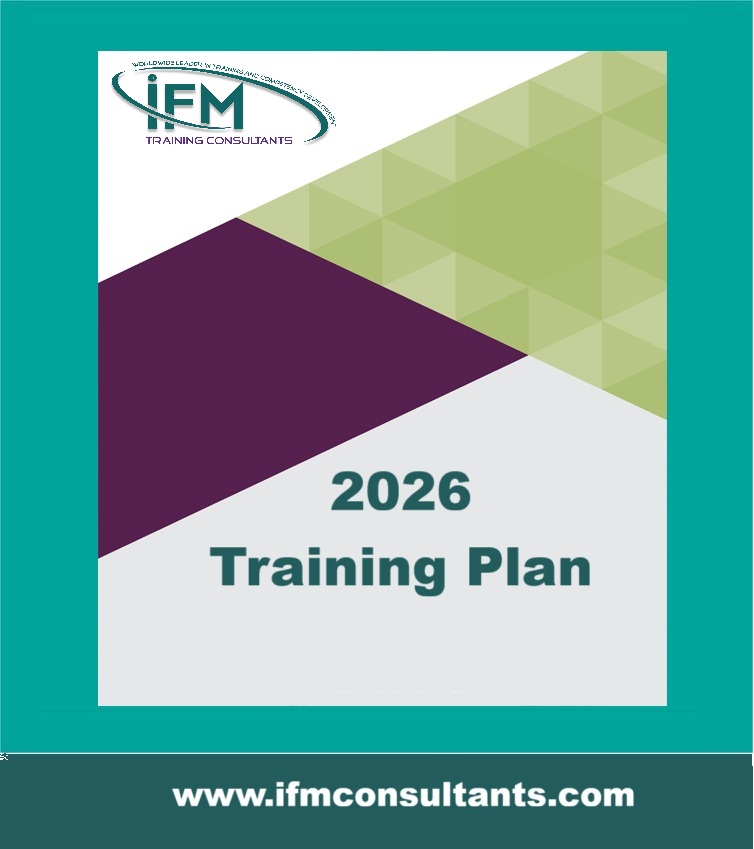From Sunnyside to Seaside, Garden Suburb to New Urbanism
| Start Date | End Date | Venue | Fees (US $) | ||
|---|---|---|---|---|---|
| From Sunnyside to Seaside, Garden Suburb to New Urbanism | 14 Dec 2025 | 18 Dec 2025 | Riyadh, KSA | $ 3,900 | Register |

From Sunnyside to Seaside, Garden Suburb to New Urbanism
| Start Date | End Date | Venue | Fees (US $) | |
|---|---|---|---|---|
| From Sunnyside to Seaside, Garden Suburb to New Urbanism | 14 Dec 2025 | 18 Dec 2025 | Riyadh, KSA | $ 3,900 |
Introduction
This highly participative Sunnyside to Seaside Garden Suburb to New Urbanism training course explores the urban design features common to both that foster a sense of neighborliness and a healthy environment, with the captivating explanation of the restoration of historic planned communities while accommodating contemporary needs. The course features the principles of garden cities and their modification by pragmatism to fit societal conditions. The needs and living principles of the historical garden cities are now being again implemented through new urban designs and new ways of development, where the basic principles remain the same, but the ways of implementation are now differing due to the improvements in technology and planning.
Participants attending the Sunnyside to Seaside Garden Suburb to New Urbanism training course will develop the following competencies:
- Knowledge of urban design principles with historical backgrounds
- Understanding the traditional models of community planning
- Making metropolitan areas into desirable lifestyles
- Improved community planning with a focus on livelihood rather than automobiles
- Increased application of neo-traditionalist urban planning approaches
Objectives
- Revisit the traditional planning principles in the new era
- Improvement in the liveability of neighborhoods
- Inclusive and integrating housing, shops, workplaces, parks, and civic facilities into close-knit communities
- The policy that is related to affordability of the housing within the metropolitan areas
- Preservation of traditional urban societies within the new developments
This Sunnyside to Seaside Garden Suburb to New Urbanism training course aims to enable participants to achieve the following objectives:
Training Methodology
The From Sunnyside to Seaside Garden Suburb to New Urbanism training course will combine presentations with interactive practical exercises, supported by video materials, activities, and case studies where the neo-traditional planning system of urban development is introduced. The seminars will use the most up-to-date presentation and interactive methods focusing on problem identification in the thematic area, and work of the participants on finding solutions, or ways to solve the identified problems through the discussion of practical examples and tasks.
The From Sunnyside to Seaside Garden Suburb to New Urbanism training course covers essential skills required to identify the defining features of traditional urban planning approaches, that have been preserved or lost over the years, highlighting the tension between strict regulation and the necessity of accommodating contemporary needs. During the course, the delegates will compare and contrast the evolution of the planned community with its application in recent models.
Who Should Attend?
This training course is suitable for a wide range of professionals but will greatly benefit:
- Researchers and Practitioners in Traffic Engineering
- Professionals in Urban Planning
- Architects involved in Urban Design
- Project Managers
- Technology Engineers, Chief Technology Officers (CTOs) and Chief Information Officers (CIOs)
- Strategic Development Personnel
- Transport Engineers and Researchers
Course Outline
Day 1 - Historical context of planned communities
- Walking cities
- Integrated work and living
- Examples
- Riverside
- Lake Forest
- The change taking place to more automobile-oriented planning
Day 2 - Garden city urban planning principles
- Example
- Sunnyside Gardens
- Design principles of garden city
- Resort communities
- Automotive era integration and influence
- New ways of integrating mobility and liveability
Day 3 - Neo-traditional urban planning in era of technological advances
- Smart city,
- Smart buildings,
- Sustainable living style,
- Work-Live-Enjoy integration,
- Socio-economic uniformity and urban sprawl
Day 4 - Strong towns
- Solving chronic transportation problems,
- Economic value of communities,
- Green economy,
- Street and pedestrian network plan,
- Focus on sustainability.
Day 5 - Urban planning incorporating all elements of livelihood
- Residences
- Energy
- Water
- Food and amenities
- Working environment
- Examples of implementation

















